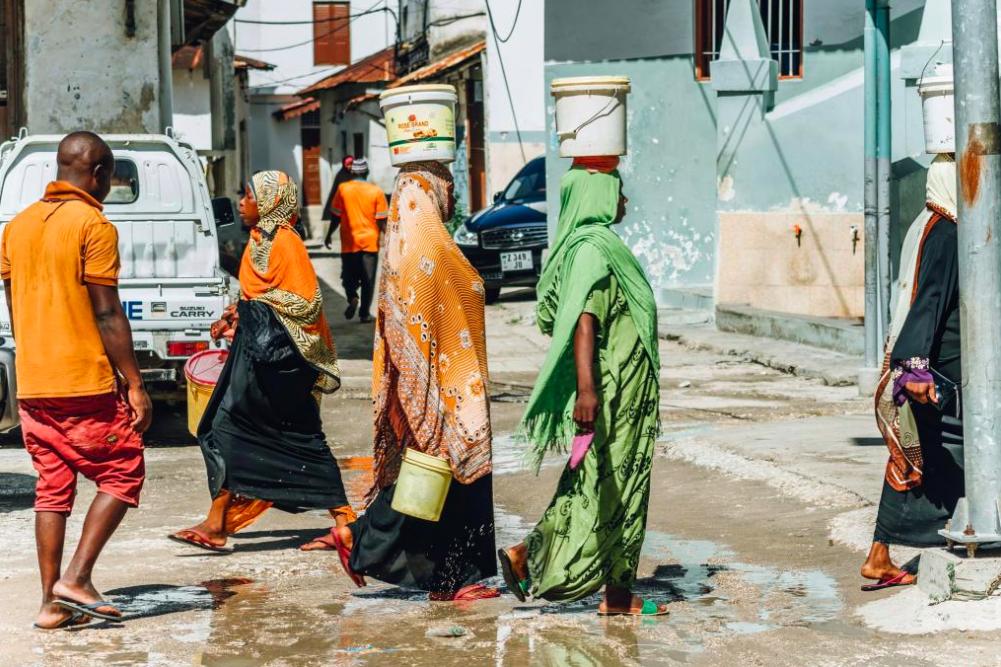Zanzibar’s water crisis needs strategic interventions and collaborative efforts

Zanzibar, known for its Instagrammable beaches, exotic spices and the famous Freddie Mercury, is a popular travel destination for thousands of international tourists, putting these islands on the economic map of Africa. A recent trip to the Tanzanian archipelago, while uncovering many pleasures that the island has to offer, also highlighted certain areas of concern, one of the most significant being the water and sanitation situation on the island.
As a visitor, Zanzibar offers an amazing holiday experience with golden sandy beaches, plush hotels and superb cuisine, all supported by very welcoming local hosts. However, as you delve deeper into the island’s day-to-day functioning, the first thing that hits you is the overabundant use of bottled water wherever you go.
For a long time, Zanzibar, one of the driest areas in the world, has been facing some very basic water, sanitation and hygiene (WASH) challenges. A large part of the archipelago is experiencing an acute freshwater shortage due to the deterioration of water infrastructure and the effects of climate change.
According to the Zanzibar Water Authority, 200 million litres of fresh water are needed per day for the entire population, but only about 50 per cent of that is actually available.
While tourists resort to drinking bottled water at $10 per bottle, the local populace, who cannot afford such heavy expenditure, must undergo the drudgery of collecting drinking water, often spending two to seven hours a day and travelling long distances to collect barely enough water for the whole family.
